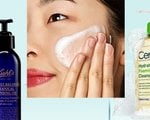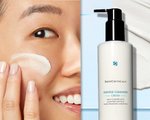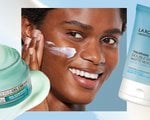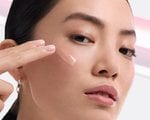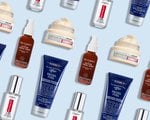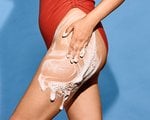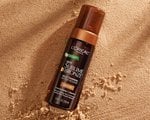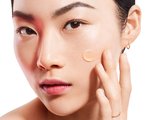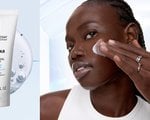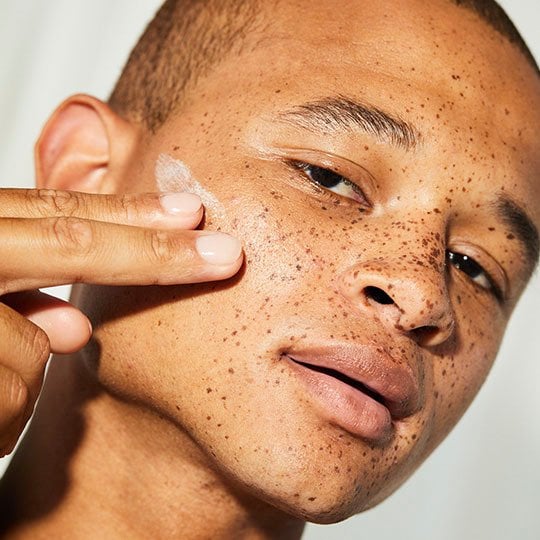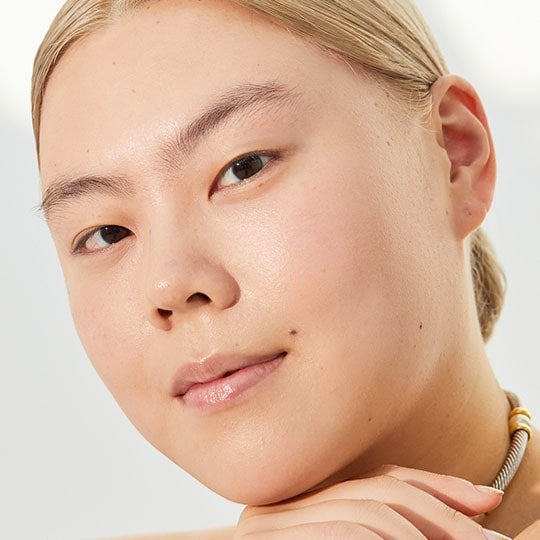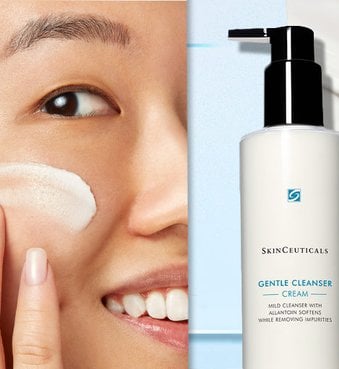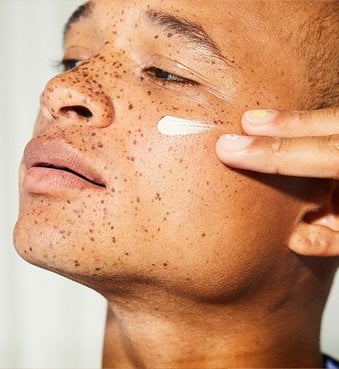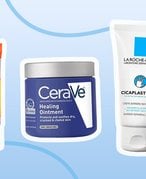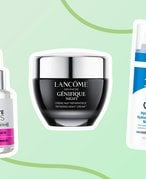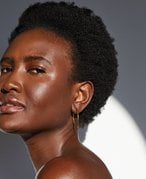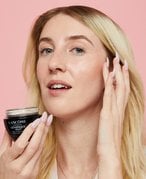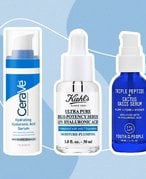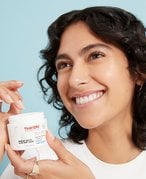Dry Skin
Dry skin. Whether it was the skin type you were born with or the current state of your complexion, having dry skin can feel tight and uncomfortable. Get tips and advice to care for and comfort your dry skin on Skincare.com.Latest Articles
Recommended Articles
-
![SDC_Dry-Hands_Jan_Banner]() HandsYour Guide To Caring for Dry Hands: Causes, Treatment, and Preventi...1/29/2024
HandsYour Guide To Caring for Dry Hands: Causes, Treatment, and Preventi...1/29/2024 -
![IT Cosmetics Bye Bye Lines Hyaluronic Acid Serum, Lancôme Advanced Génefique Night Cream, CeraVe Hydrating Hyaluronic Acid Serum collaged on a light green background]() All Skin Concerns10 of the Best Hyaluronic Acid Skincare Products To Try in 20241/22/2024
All Skin Concerns10 of the Best Hyaluronic Acid Skincare Products To Try in 20241/22/2024 -
![Dry Skin vs. Dehydrated Skin: What’s the Difference?]() Itchy SkinDehydrated Skin: Symptoms, Causes And Treatments1/19/2024
Itchy SkinDehydrated Skin: Symptoms, Causes And Treatments1/19/2024 -
![Woman holding ADVANCED GÉNIFIQUE NIGHT CREAMon on a dark pink background]() CleansersBest Face Wash for Dry Skin1/17/2024
CleansersBest Face Wash for Dry Skin1/17/2024 -
![Bottles of CeraVe, Kiehl’s, and Youth to the People face serums]() Dry Skin20 Editor-Approved Face Serums for Dry Skin12/12/2023
Dry Skin20 Editor-Approved Face Serums for Dry Skin12/12/2023 -
![Person with dark curly hair smiling and holding a Thayers moisturizer]() Dry SkinThe Best Drugstore Moisturizers for Dry Skin, According to Our Edit...12/12/2023
Dry SkinThe Best Drugstore Moisturizers for Dry Skin, According to Our Edit...12/12/2023
